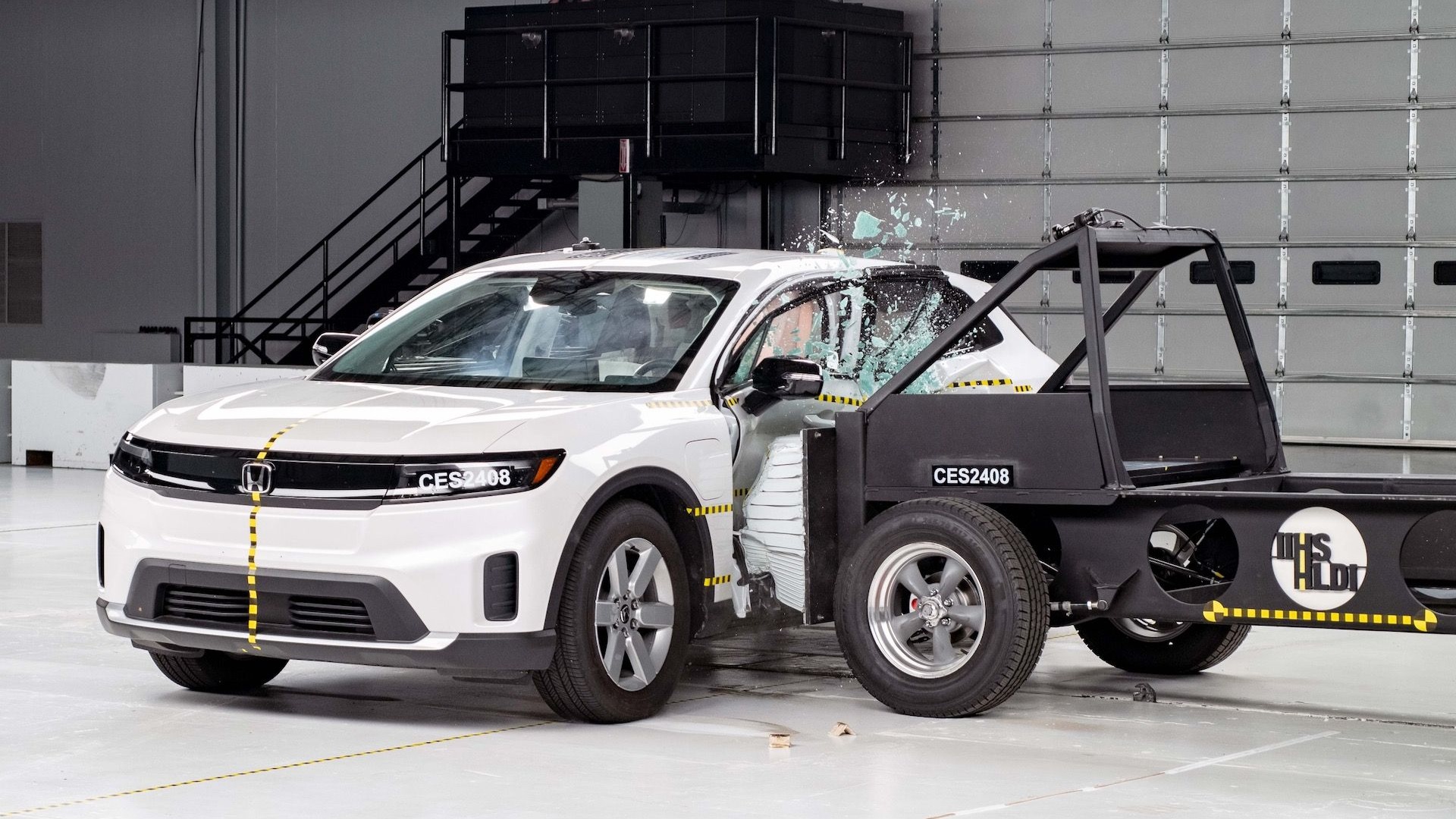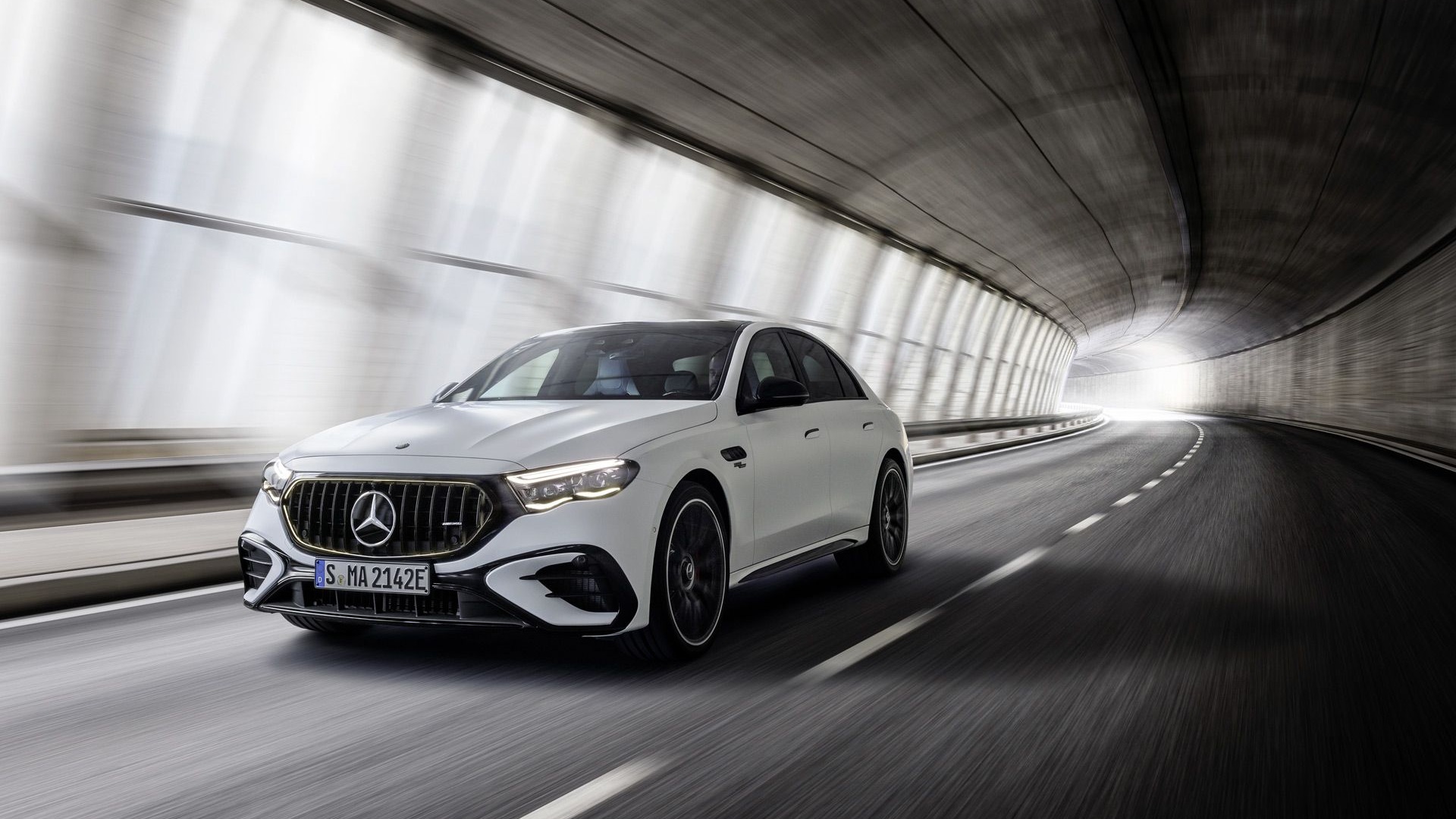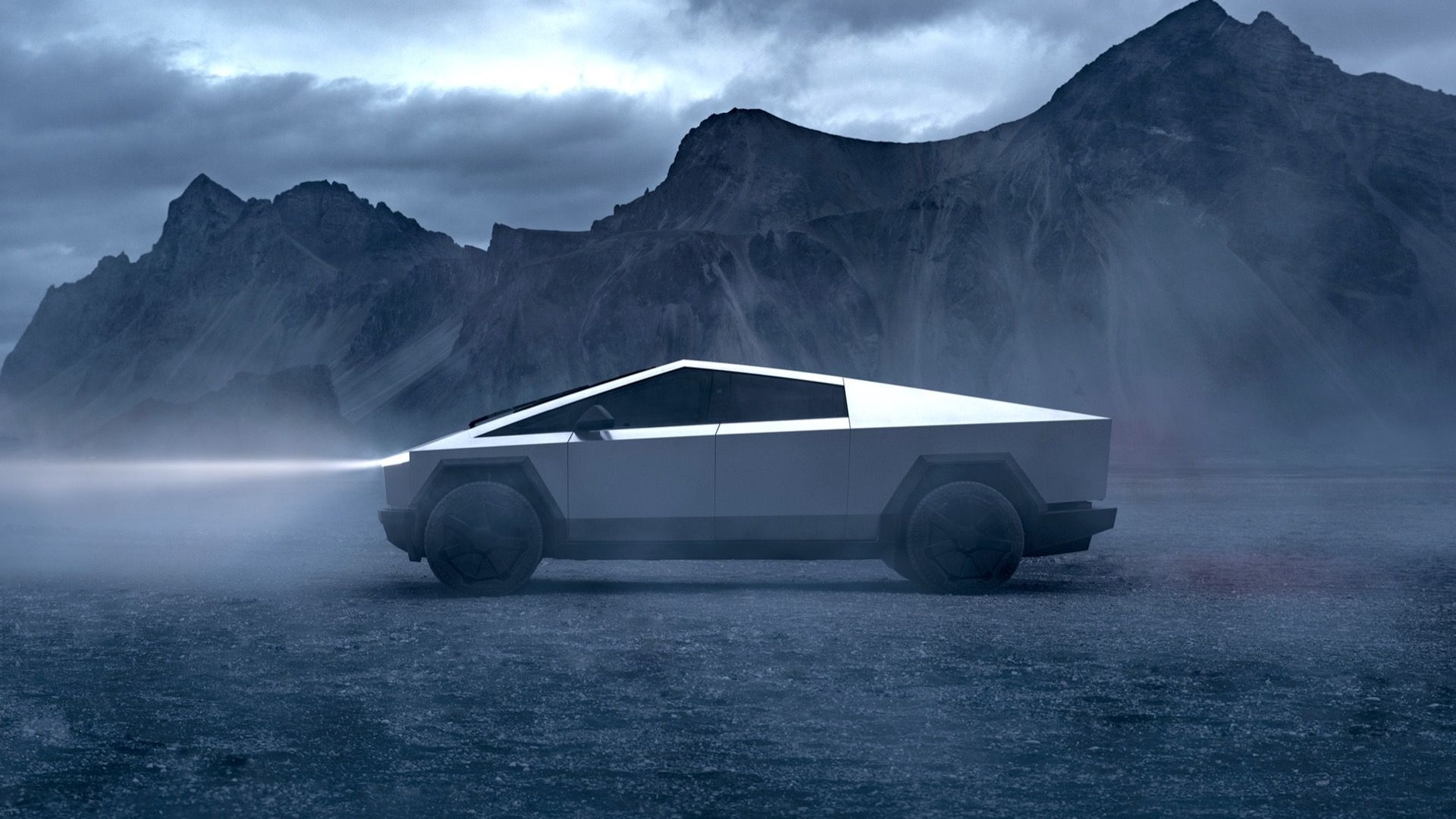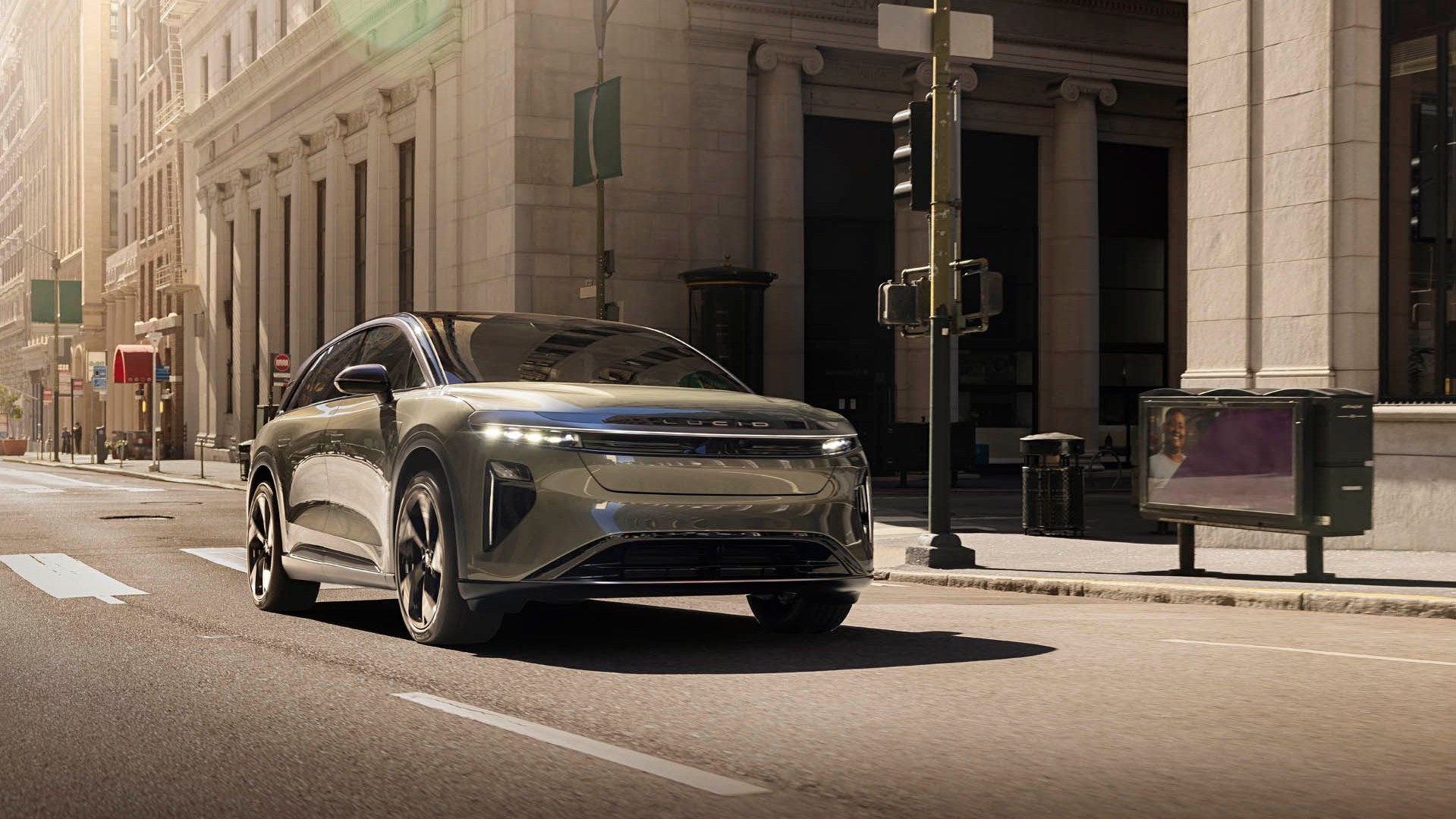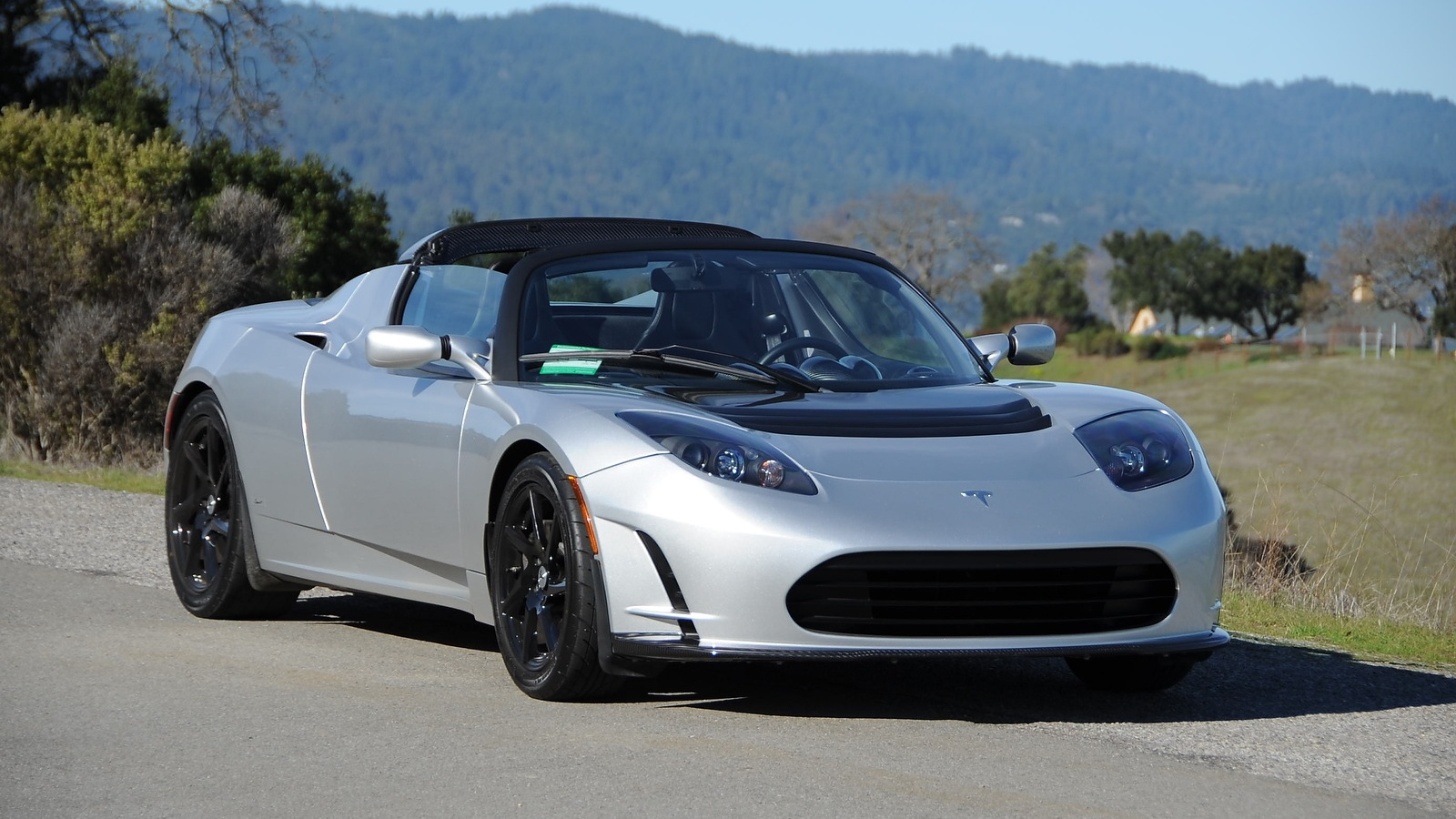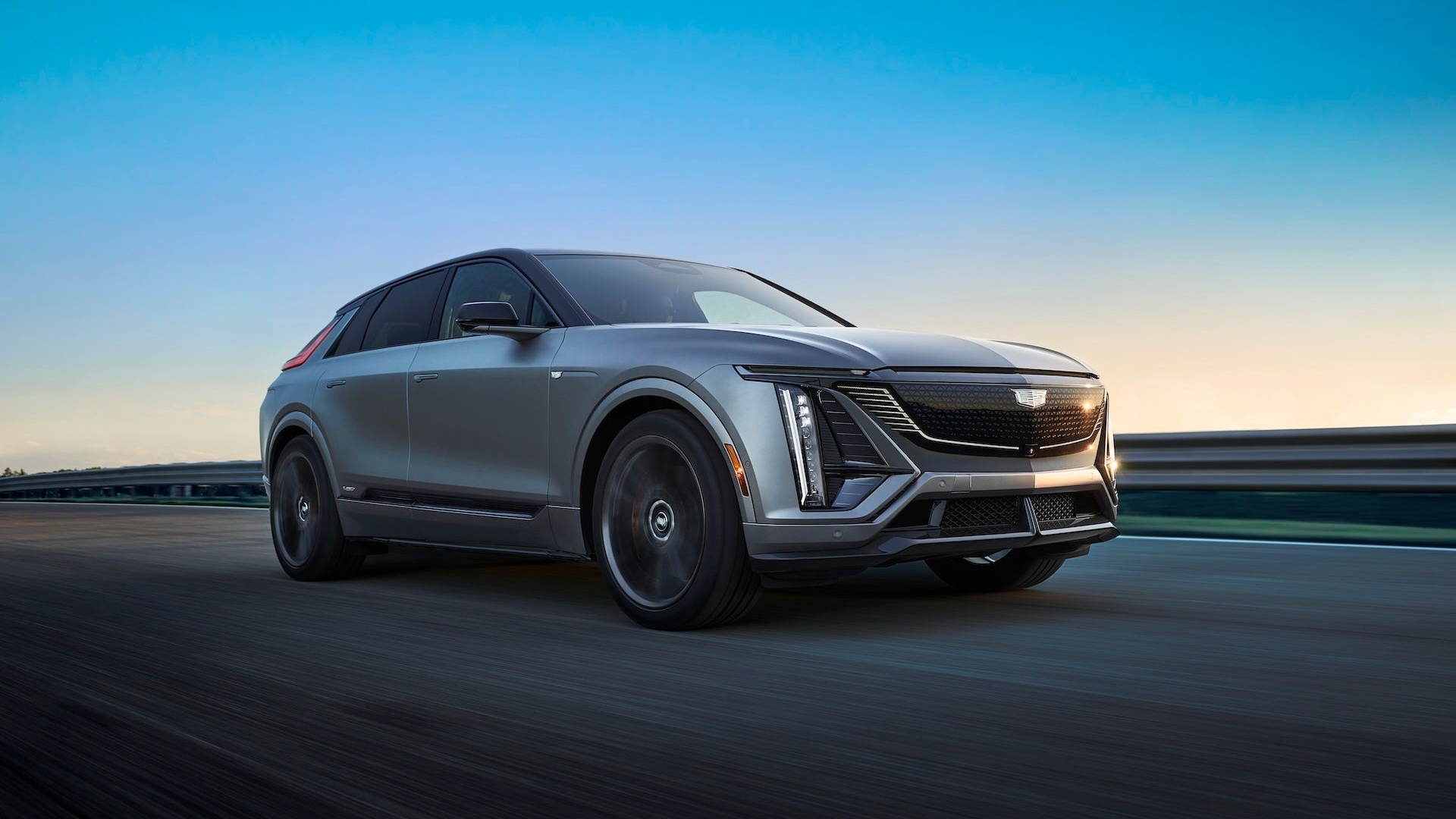For years, green-car buyers in California have enjoyed a special perk: access to high-occupancy vehicle lanes that can whiz past gridlock, even with just a single occupant.
Now, updates to the rules signed into law in October by Governor Jerry Brown will likely change the way owners and shoppers view the coveted carpool-lane stickers and how they seek to retain the coveted privilege.
In less than a decade, officials in California want to increase the number of zero-emission vehicles on the road by five-fold, to 1.5 million by the end of 2025, according to a January report by local station KQED.
DON'T MISS: California Extends Electric-Car HOV Lane Access To 2019
One way to do that: extend the popular HOV-lane access program. But there's a catch—or actually a few.
The California bill signed into law October 10 (AB 544) extends by three years the program that opens HOV lanes to owners of battery-electric and hydrogen-powered vehicles (white stickers) and plug-in hybrids (green stickers). The original program had been set to expire January 1, 2019.
Owners of qualified vehicles purchased before January 1, 2017 will have their stickers expire on January 1, 2019. For cars purchased in 2017 or 2018, owners can apply for new red HOV-lane-access stickers that will be valid until January 1, 2022.
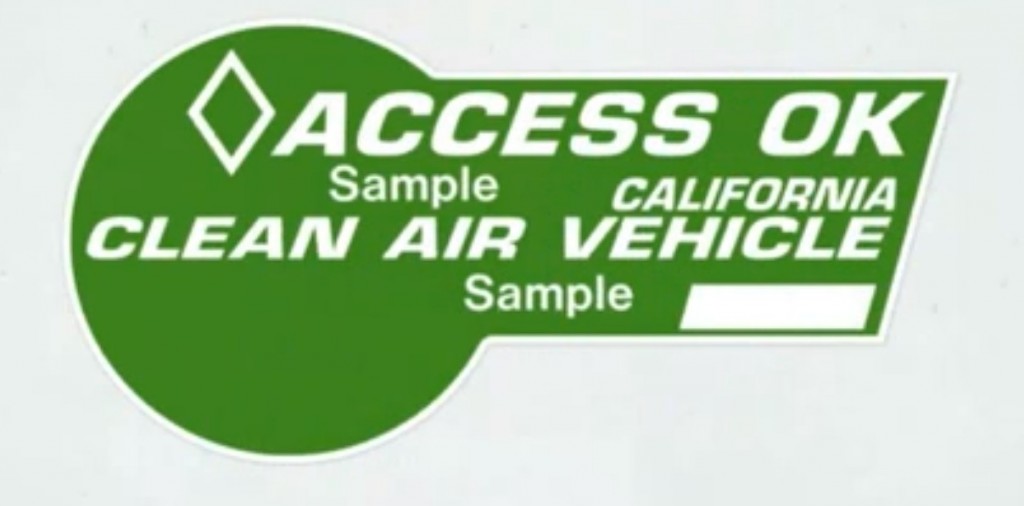
Green HOV-Lane Sticker
For owners who purchase qualifying new cars after January 1, 2019, the red stickers will be valid for three full years and until January 1 of the fourth year. For example, a new car purchased on February 1, 2019 could have a valid HOV sticker until January 1, 2023.
Used vehicles can qualify for the new stickers too, but only if they have never previously been registered in the Clean Air Decal program.
A full explanation of the new red-sticker program is available on the California Air Resources Board website.
READ THIS: California To Hybrid Drivers: Sorry, We're Just Not That Into You–Any More
The rolling expiration dates should limit the number of low- and zero-emission cars traveling in HOV lanes and reduce crowding, according to transportation officials.
That may not be enough to address the problem, however: Metropolitan Transportation Commission officials calculated that nearly 1 in 4 HOV-lane drivers violated the rules during the morning rush hour by driving ineligible vehicles, according to KQED.
Thus far, neither state officials not law-enforcement authorities have put forth any plans for stepped-up enforcement of vehicle-eligibility rules for California's carpool lanes.

2017 Chevrolet Bolt EV
While the new expiration dates may irk some owners, other changes to the legislation in the form of income limits could draw fire from some well-heeled buyers too.
The California Clean Vehicle Rebate is no longer available to single taxpayers making more than $150,000 in gross income who buy a plug-in electric car, but they remain eligible for the HOV-lane sticker
Head-of-household filers will need to make less than $204,000 annually, or less than $300,000 for joint filers.
Buyers and lessees of hydrogen fuel-cell cars at those same income levels, however, must choose between the carpool-lane access stickers and rebate—which is $5,000, or twice the maximum of $2,500 for a battery-electric vehicle.
For a complete list of vehicles eligible for single-occupant HOV-lane access in California, click here.
EDITOR'S NOTE: An earlier version of this article, published January 29, 2018, incorrectly stated that single taxpayers earning more than $150,000 a year were eligible for neither the Clean Vehicle Rebate nor the HOV-lane access stickers. As Alec Bartsch and other readers pointed out, that wasn't accurate. We have updated the article and apologize for the error. We further updated the article on March 27 to add a link to the full description of the new program.
Hat tips: Devroot, Shiva, Bytrain



